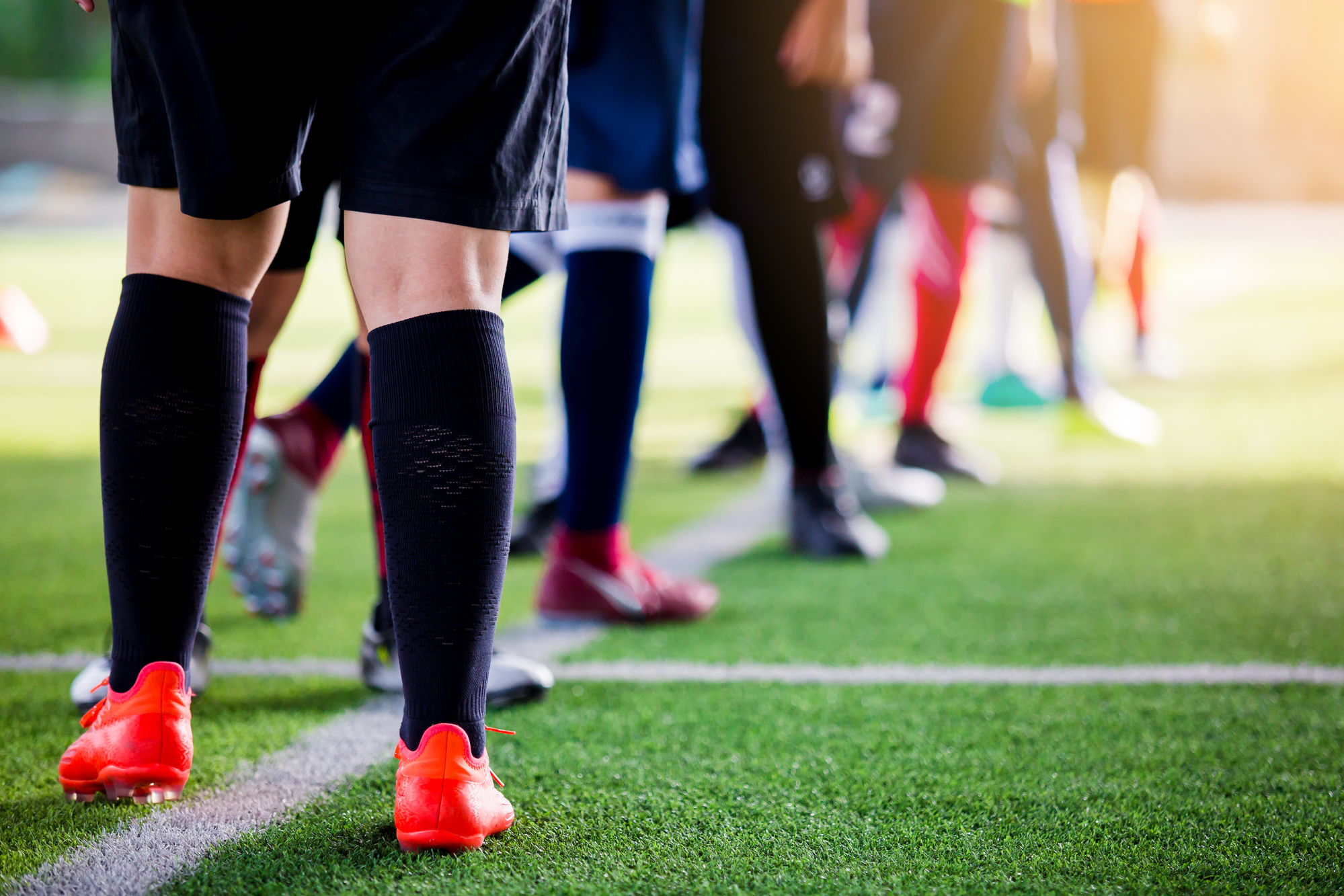Practically every family loves to get involved in local sports, and most communities provide recreational sports, especially for young children. Sports are a great way to get the proper amount of exercise and spend time unwinding as a family. However, without taking proper precautions and understanding of risks, sports can be especially dangerous. Even with the best preventative measures, some sports are more dangerous than others. What’s most important to realize is that no sport is totally safe despite the best precautions. Still, parents often don’t know the risks involved with various sports. Here are three sports you may not realize can be seriously dangerous.
Injuries from Horseback Riding
Horseback riding can be dangerous even for experienced riders. Horseback riders are injured or even killed each year, and injuries can be as severe as spinal cord damage or paralysis. It is difficult to say how dangerous horseback riding is for a few reasons. First, there are multiple types of horseback riding, and they all have unique risks. While risks are far greater for inexperienced riders, even veterans can have bad luck or be caught by surprise in a dangerous situation. Many injuries also occur when riders are on the ground around their horses. Children are especially vulnerable to serious injury from falling, being kicked, or stepped on. Fatal kicks or trampling’s have even happened to many riders in normal circumstances.
Thankfully, most injuries from horseback riding do not need hospital treatment. However, some injuries can have long-term consequences. Musculoskeletal and soft tissue injuries can be common. They also have a tendency to go undiagnosed, potentially creating worse health issues later in life. Head injuries are the most common horseback riding injuries seen in hospitals apart from broken arms. Concussions can go undiagnosed in certain cases. Riders are always encouraged to wear protective gear and never ride alone.
Cheerleading Injuries
Cheerleading has the potential for serious injury, ranking 16th in sports with the highest number of injuries. Cheerleading may be the most dangerous female sport due to the risk of concussions and other very serious injuries. These include permanent disabilities and long-term medical conditions. These have increased as cheerleading has become more competitive. Most injuries are caused by intense dance and gymnastic routines.
A responsible cheer coach can make a big difference in keeping kids safe during cheering. However, since many organizations still don’t consider cheerleading a sport, cheerleaders are not protected by across-the-board safety regulations. Unfortunately, this can further endanger participants. In fact, over 30,000 cheerleaders are seen for sport-related injuries annually. Common injuries are those affecting the ankles, knees, ligaments, tendons, and wrists, as well as concussions and other head injuries.
Football Injuries
For some, football is infamous as a dangerous sport. However, many still underestimate how dangerous football can be for high schoolers and school-age children. Football is being increasingly linked to concussions and CTE, a brain disorder caused by repeated head injuries. CTE worsens over time and often goes unnoticed for years or decades. Symptoms typically include aggression, memory loss, impaired judgment, and depression. CTE most commonly affects boxers, hockey players, and football players.
This is aside from the other common injuries experienced by football players. Injuries can affect the neck and back, shoulders, arms, legs, wrists, ankles, and abdomen. While efforts are being made to make football safer on the professional and community levels, parents should still be cautious about letting their kids play this sport. Understanding the real risks and how to best prevent and treat them is vital to keeping kids safe in any sport. Make sure to keep track of any injuries as well as monitor the safety standards of any sports your children play.
If you are concerned about your orthopaedic health or injury (sports related or otherwise) please don’t hesitate to call us at 402-436-2000 to schedule an appointment.

